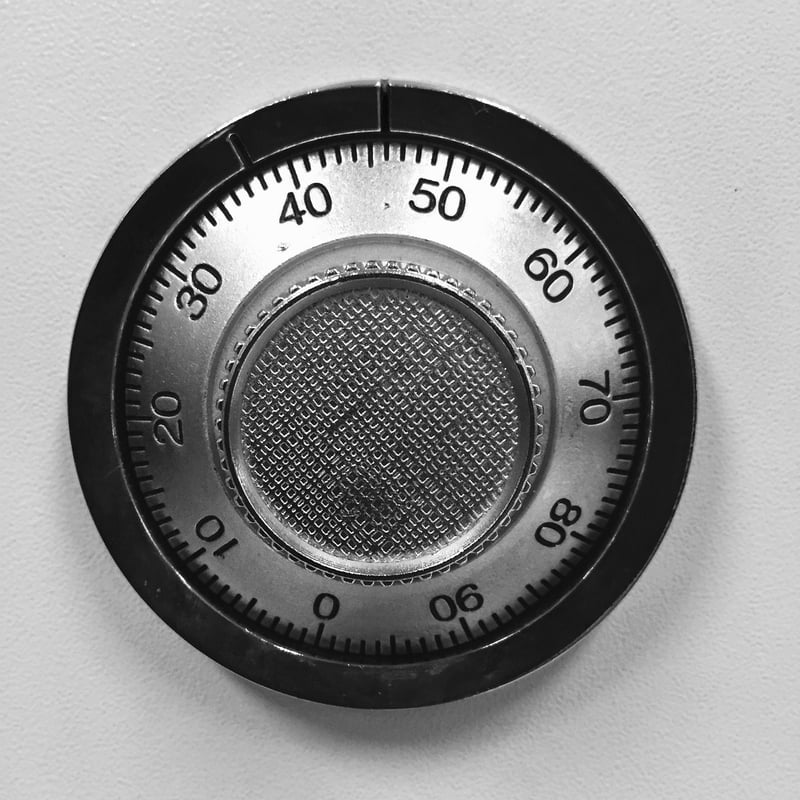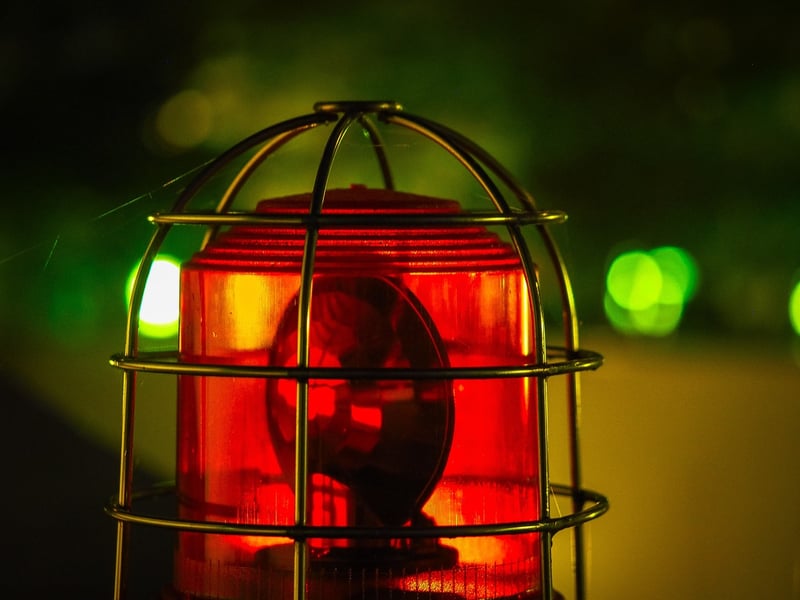Emergency Protocols
Ensuring Personal Security and Emergency Protocols
Introduction
In today's fast-paced world, ensuring personal security is of utmost importance. By being prepared and aware of emergency protocols, individuals can protect themselves and those around them in times of crisis. This article aims to provide valuable insights into personal security measures and emergency procedures that everyone should know.
Personal Security Measures
Here are some essential personal security measures to keep in mind:
- Always be aware of your surroundings and trust your instincts.
- Secure your personal belongings, especially important documents and valuables.
- Use strong and unique passwords for your online accounts and enable two-factor authentication whenever possible.
- Avoid sharing personal information on public platforms or with strangers.
- Regularly update your antivirus software and be cautious while clicking on unknown links or downloading attachments.
Emergency Protocols
Being prepared for emergencies can make all the difference. Familiarize yourself with these emergency protocols:
- Know the emergency contact numbers for your area, including police, fire department, and medical services.
- Establish an emergency communication plan with your family and loved ones.
- Practice fire drills at home and work to ensure everyone knows what to do in case of a fire.
- Learn basic first aid techniques and CPR to provide immediate assistance in medical emergencies.
- Stay informed about weather alerts and evacuation procedures in your region.
Conclusion
By following these personal security measures and emergency protocols, individuals can better protect themselves and respond effectively in critical situations. Remember, being prepared and informed is key to ensuring personal security and safety.
Stay safe, stay alert!


